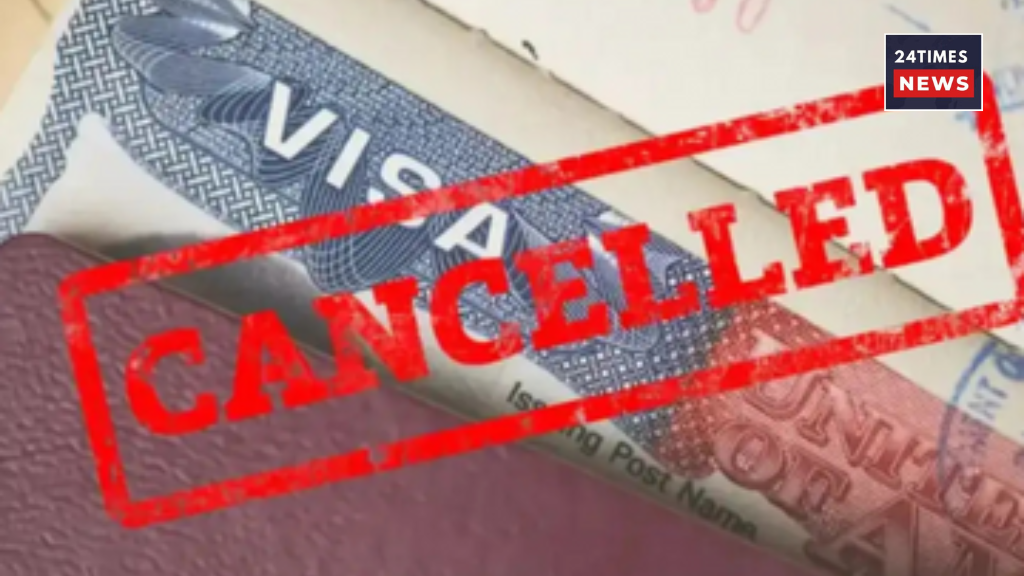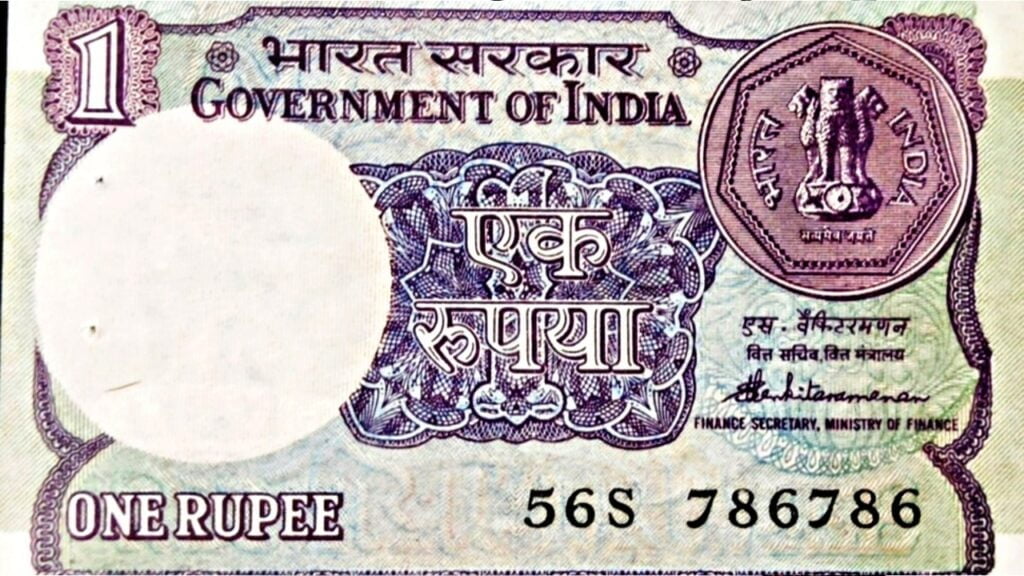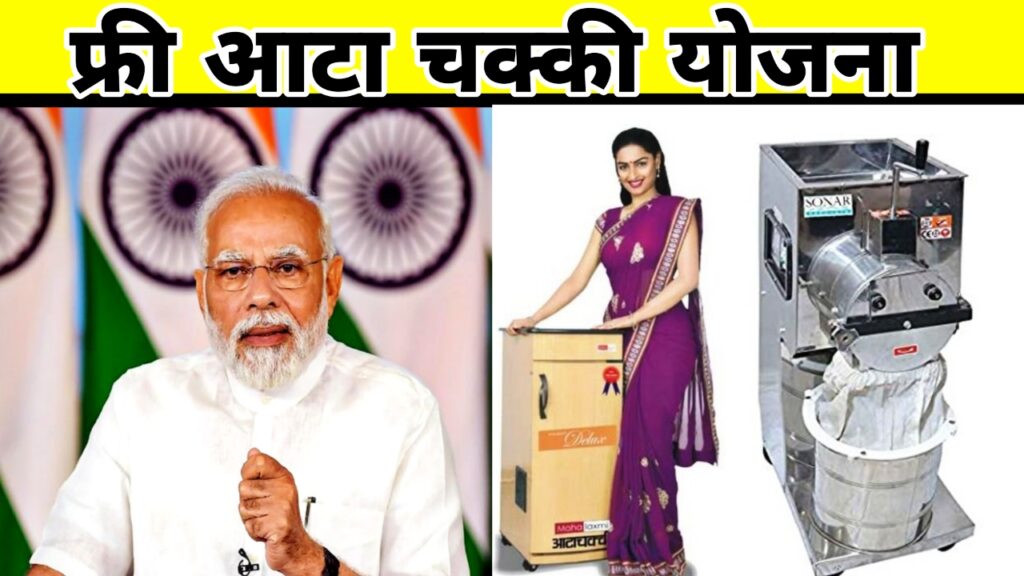US Revokes Visas of Indian Executives and Families in Fentanyl Probe
The United States Embassy in New Delhi has cancelled and denied visas for several Indian corporate leaders and business executives accused of involvement in fentanyl-precursor trafficking, according to officials familiar with the matter. Close relatives of those under investigation have also had their travel privileges withdrawn.
Embassy sources say the action is part of a broader crackdown on synthetic-opioid networks that are fueling America’s deadly fentanyl crisis. Executives linked to companies suspected of supplying these precursor chemicals will face heightened scrutiny in future visa applications.
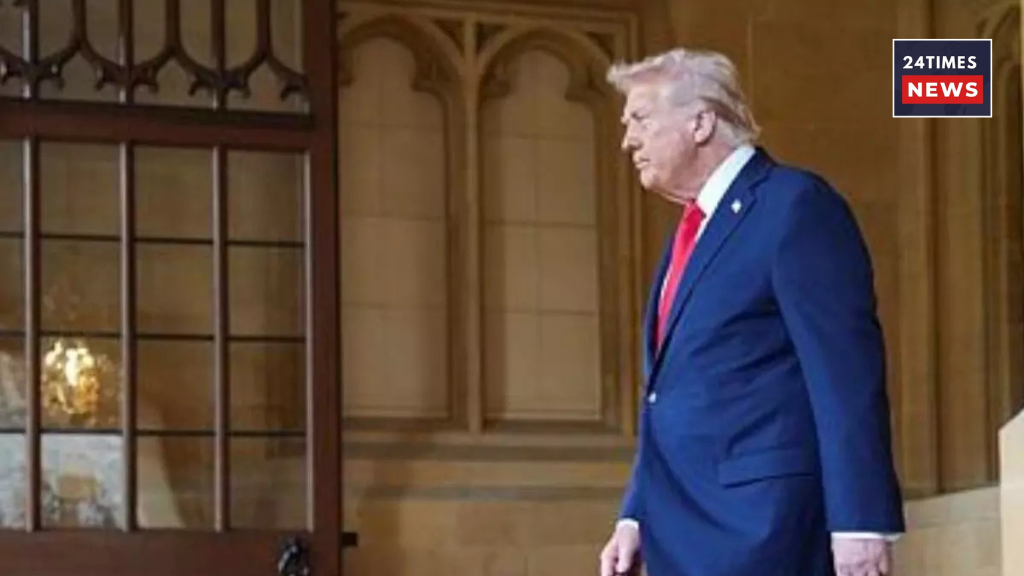
This move follows a warning from former U.S. President Donald Trump, who recently listed 23 countries, including India, as drug-trafficking nations and threatened “severe consequences” if they failed to curb illegal trade.
Details of the U.S. Action
Citing ongoing investigations, embassy officials declined to name individuals or firms. The cancellations were carried out under Sections 221(i), 212(a)(2)(C), and 214(b) of the U.S. Immigration and Nationality Act—provisions that can make affected persons permanently ineligible for American visas.
America’s Fentanyl Emergency
Fentanyl, a synthetic opioid estimated to be up to 100 times stronger than morphine, has become the leading cause of death for Americans aged 18–44, surpassing traffic accidents and homicides.
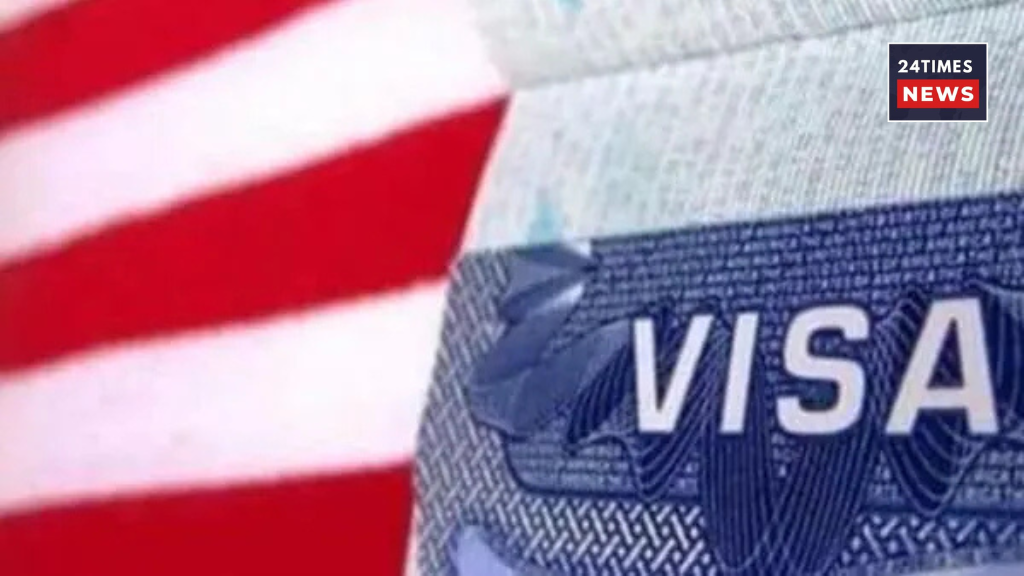
Preliminary data from the Centers for Disease Control and Prevention (CDC) show that over 70,000 overdose deaths in 2024 involved synthetic opioids such as fentanyl. Its low production cost and easy concealment allow traffickers to mix it into other drugs or press it into counterfeit pills.
Global Supply Chain Shifts
While Mexican cartels dominate final production and smuggling into the United States, the precursor chemicals largely originate in Asia. For years, China was the primary source and transit point. After Beijing’s 2019 crackdown, traffickers began redirecting operations, with investigators noting a growing role for India.
Some Indian chemical manufacturers—often legitimate businesses—are alleged to ship precursor compounds to cartels such as Mexico’s Sinaloa organization, which then synthesizes and transports the finished drug across the U.S. border.
Broader International Concerns
Trump has also accused China of remaining the world’s largest supplier of fentanyl-related chemicals and urged Beijing to tighten enforcement. In addition, he has alleged that elements within Afghanistan profit from narcotics production despite the Taliban’s public bans, claiming that drug revenues fund international criminal networks.

